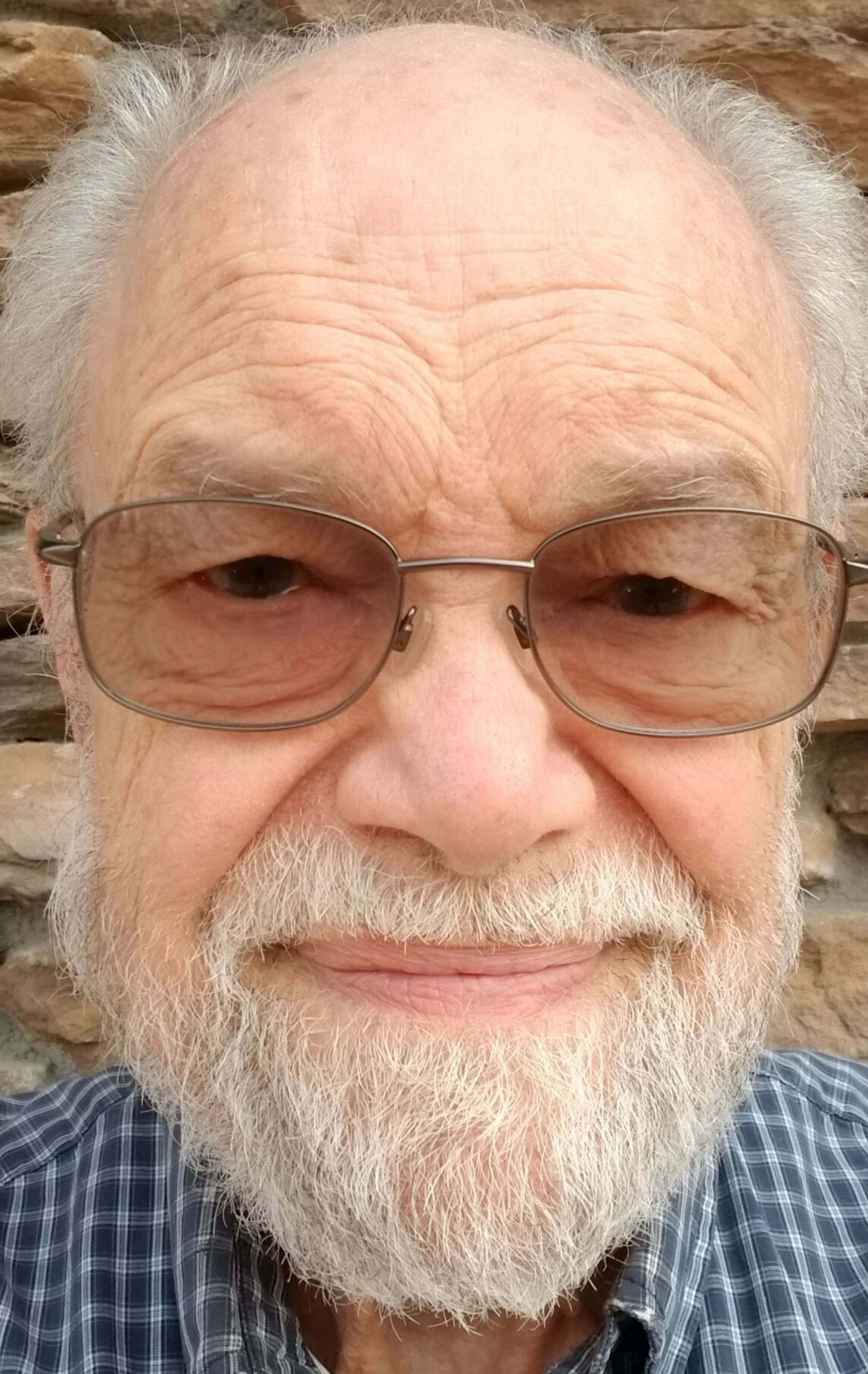We’re all prisoners of the cultures we grow up in. Families, friends, neighborhoods, faith communities — all influence us, shaping our thoughts, attitudes and behavior before we can do anything about it, even before we’re aware. If we’re raised in a cult, our thinking will be cultish. To really control ourselves, we must understand this and consciously choose who we are.
Last month on FaVS News, I commented on the importance of encouraging kids to think for themselves. That post mentioned two women who, as girls, were molested by male peers and church officials. The victims had learned from the culture they were immersed in to respect and trust authority.
But when they reported their molestations to trusted adults, those victims were somehow made to feel guilty themselves for what had happened to them. Years later, as young adults, the victims were able to break free of their guilt, but lasting harm had been done.
Children are curious. They begin asking “why?” at around age 2. They continue asking for a few years as their brains develop. Why do they stop? One reason is negative feedback from adults who discourage curiosity, who tell a child that questions are not welcome.
Children instinctively want adult approval. Negative feedback can produce guilt in a child who legitimately asks for explanations. It reduces that child’s ability to question any authority — parents, clergy, teachers. Negative responses stifle a child’s natural curiosity, an essential component of human development, the ability to think independently.
A child thus stifled may eventually withdraw, stop enquiring, seek guidance from peers, and possibly rebel. Such withdrawal prevents children from seeking wisdom from elders — those same parents, clergy and teachers. Elder wisdom, though not infallible, can guide a child along productive pathways, especially when offered with love. When a child withdraws and rebels, it can ruin that child’s life for decades, possibly forever.
Learning to think independently at an early age is critical. Many parents believe they know best for their children, and they may. Parents’ mature experience can make this true, but not always. Cutting off our children’s questions risks cutting off our children themselves. They’ll always find answers elsewhere.
Recently I received an email from an evangelical Christian friend. She said that for several years she had attended a church where girls had been molested. It was where Jesus “found” her, and she, him. She was married in that church. “I think now I was in a cult,” she wrote.
She observed that these kinds of churches “aren’t really a denomination," but rather “a church culture … pastor-led.” She wrote she’d been affiliated with that church “more than half of my life.”
Another friend struggled for years to recover from childhood and early adulthood experiences in a cult. Raised by a single mom who was strongly influenced by the pastor, she eventually left. Her mother, still a member, has severed all communications with her daughter, now a successful educator and entrepreneur. But her recollections of childhood years are chilling.
Cults differ from cultures: A cult is a group of people excessively devoted to a figure, object, or belief system; a culture is a way of life that includes a population’s arts, beliefs and institutions. Culture identifies people sharing similar outlooks. It’s also used to represent voluntary associations, like “corporate culture.”
Cults, on the other hand, are “excessive,” requiring devotion to personalities, objects or beliefs. They’re excessive in restricting followers who question their “authority.” Charismatic cult leaders have sometimes led followers to their deaths.
It’s reprehensible for trusted spiritual leaders to impose their own misunderstandings, to manipulate followers in the name of an indefinable, unknowable essence called God. Monotheistic religions begin with the notion that there is only one God, yet Christianity, the world’s largest monotheism, has 45,000 denominations worldwide. Other monotheisms abound as well. What am I missing?
I believe in investigating truth, or claims of truth, independently. We often turn to others for wise interpretations and guidance, and it’s hard to shake off “influencers.” If we’ve grown up with such dependencies, it’s likely we’ve been programmed by cultish thinking. Thus programmed, we’ll think in lock-step with others, unable to formulate wise decisions.
Ultimately each of us must decide, independent of others. Independent thinking can be nurtured by personal prayer, supplicating for guidance, then waiting. Sometimes nothing happens. Sometimes we gain insights that guide our decisions. Either way, it’s a first step toward detachment, trusting ourselves. If nothing else, it can clear our minds of negative influences.
Remember to vote!
Haug and his editor and wife, Jolie, work together on many projects. Contact Pete at petes.pen9@gmail.com. His internet archives are at favs.news/author/petehaug.








